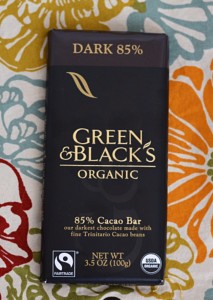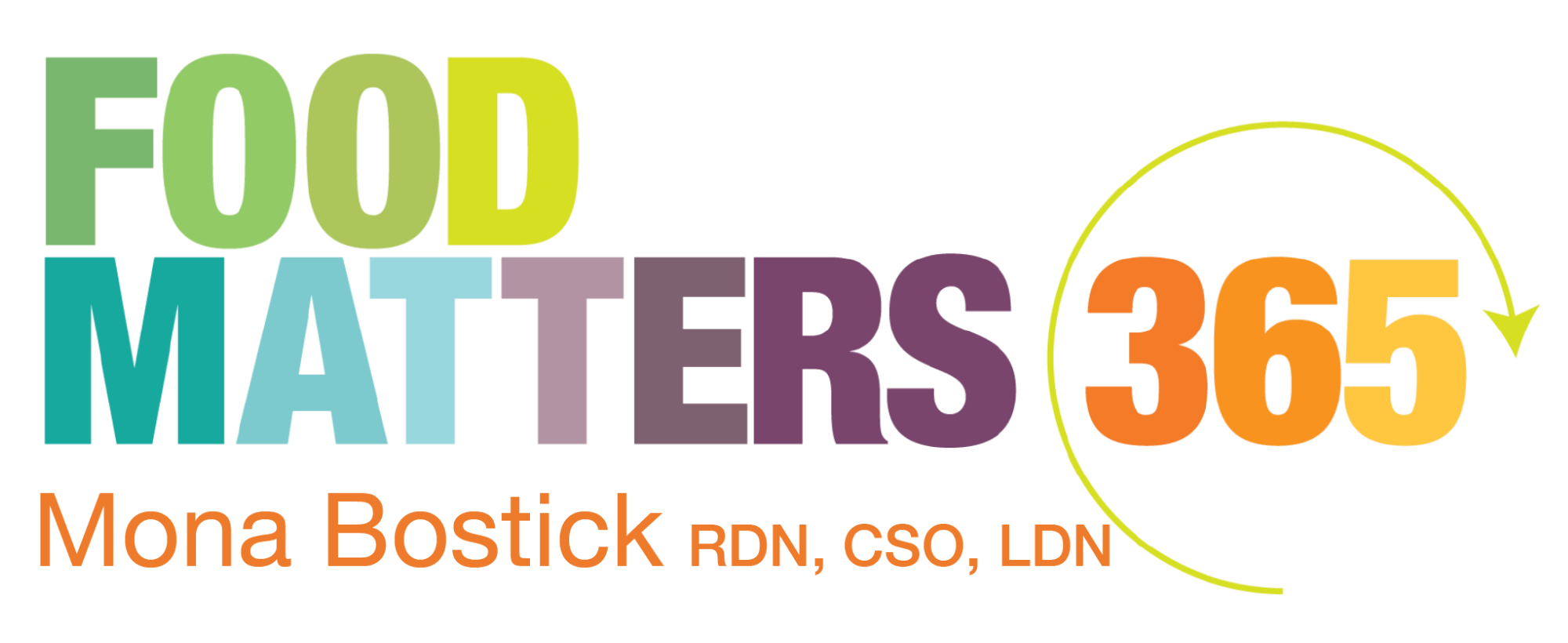
February is American Heart Month. According to the CDC, 1 in 4 deaths in the US is related to heart disease. It is the leading cause of death in the United States. However, there is a lot we can all do to decrease the risk for heart disease. Here are 8 tips to help you spring into heart health!
Stop Smoking
Roughly 1 in 5 deaths from heart disease are related directly to smoking. Avoid second hand smoke too, it can lead to heart disease in people who don’t smoke. Smoking is bad for your heart because:
It reduces the amount of oxygen that gets to your heart
It raises your blood pressure
It speeds up your heart rate
It increases your risk of developing blood clots which can lead to heart attack or strokes
It damages the inside of your blood vessels, including those in your heart
Eat More Whole Grains
Eating nutrient dense whole grains instead of refined grains ensures that your body gets valuable heart healthy vitamins, minerals and fiber.
Eat More Beans
Beans are good for your heart! They are tasty, inexpensive and filling. Check out this post for more a more in-depth look at the benefits of beans as well as some recipe suggestions.
Get a Move On
Your heart is a muscle, and it gets stronger and healthier if you lead an active life. It’s never too late to start exercising, and you don’t have to be an athlete. Even taking a brisk walk for 30 minutes a day can make a big difference. If 30 minutes at one time is not doable for you, you can add up 10-minute sessions throughout the day. And remember that something is always better than nothing!
Check here to see the American Heart Association’s physical activity recommendations for adults.
Consult your physician before starting a new exercise regimen.
Make Your Calories Nutrient Dense
We have all seen those fast food offerings that provide an entires days worth of calories, fat, sodium and sugar but do they provide the other nutrients your body needs to be healthy and function optimally? Not likely. In order to make sure your food is providing what your body needs:
Don’t eat more calories than you know you can burn up every day.
Eat a rainbow of colorful fruits and vegetables to make sure you are getting a diverse mix of phytonutrients everyday. Each phytonutrient provides a specific benefit so variety is key. Branch out and try some new colorful foods!
Choose whole grains and limit consumption of processed and refined grains.
Choose lean proteins.
Eat foods rich in omega-3 fatty acids (for example: flax seeds, chia seeds,walnuts, salmon if you include fish in your diet)
Choose low fat or fat free dairy products. Make sure dairy alternatives are fortified with calcium and Vitamin D.
Avoid foods containing partially hydrogenated vegetable oils to reduce trans fat in your diet.
Limit beverages and foods with added sugars.
Choose and prepare foods with little or no salt. Remember that any food that has been packaged for your convenience is likely to be higher in sodium.
If you drink alcohol, drink in moderation. That means one drink per day if you’re a woman and two drinks per day if you’re a man.
Go Nuts
Nuts are full of heart healthy monounsaturated and polyunsaturated fats. They are great sources of vitamins,minerals, phytonutrients, protein and fiber. Choose 1.5-2 oz of nuts as a nutrient dense snack instead of chips, crackers or other empty calorie snacks. Nuts also make great add-ins to salads, oatmeal, and other dishes. When buying, choose nuts without added salt or oil.
Treat Yourself
 It is not too often that what feeds the body also feeds the soul…. dark chocolate is an example of a food that does both! Dark chocolate is rich in flavonoids, flavonols and antioxidants which help the cells in our body resist or repair damage and improve our vascular health. And it’s Chocolate! But quality and portion both matter. Dark chocolate provides great benefit but it is calorically dense. Choose high quality 70% Cacao or higher and stick to a 1-1.5 oz portion a few times per week along with other flavonoid rich plant foods!
It is not too often that what feeds the body also feeds the soul…. dark chocolate is an example of a food that does both! Dark chocolate is rich in flavonoids, flavonols and antioxidants which help the cells in our body resist or repair damage and improve our vascular health. And it’s Chocolate! But quality and portion both matter. Dark chocolate provides great benefit but it is calorically dense. Choose high quality 70% Cacao or higher and stick to a 1-1.5 oz portion a few times per week along with other flavonoid rich plant foods!
Eat Seasonably
Eating seasonably helps you enjoy fresh fruit and vegetables at their seasonal best. That means better value, better taste and a better deal for the planet.
For the Tastebuds:
One sure sign that Spring is near here in North Carolina is seeing fresh asparagus at the market. If you have not already tried Roasted Asparagus, give them a try; they are a simple gustatory joy! I used them as the basis for an impromptu open faced sandwich. Yum…

 It is not too often that what feeds the body also feeds the soul…. dark chocolate is an example of a food that does both! Dark chocolate is rich in flavonoids, flavonols and antioxidants which help the cells in our body resist or repair damage and improve our vascular health. And it’s Chocolate! But quality and portion both matter. Dark chocolate provides great benefit but it is calorically dense. Choose high quality 70% Cacao or higher and stick to a 1-1.5 oz portion a few times per week along with other flavonoid rich plant foods!
It is not too often that what feeds the body also feeds the soul…. dark chocolate is an example of a food that does both! Dark chocolate is rich in flavonoids, flavonols and antioxidants which help the cells in our body resist or repair damage and improve our vascular health. And it’s Chocolate! But quality and portion both matter. Dark chocolate provides great benefit but it is calorically dense. Choose high quality 70% Cacao or higher and stick to a 1-1.5 oz portion a few times per week along with other flavonoid rich plant foods!






